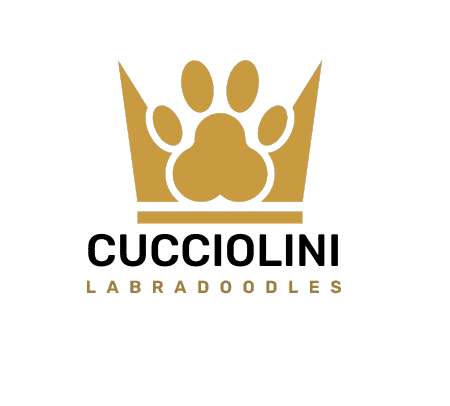Understanding the Basics of My Dog Nutrition
Dog Nutrition is a critical aspect of a dog’s overall health. Proper nutrition can help ensure that your dog maintains a healthy weight, has solid bones and muscles, and has the energy and vitality to enjoy a long and happy life.
The basics of dog nutrition involve understanding the types of nutrients that dogs need to thrive. These include protein, carbohydrates, fats, vitamins, and minerals.
Protein is essential for repairing tissues in a dog’s body.
It also helps to support the immune system and provides energy. Good protein sources for dogs include meat, fish, eggs, and dairy products.
Carbohydrates, found in grains, vegetables, and fruits, provide energy. Fats are vital as they help maintain healthy skin and coats, provide power, and absorb specific vitamins.
Vitamins and Minerals are Nutrients that dogs need to stay healthy.
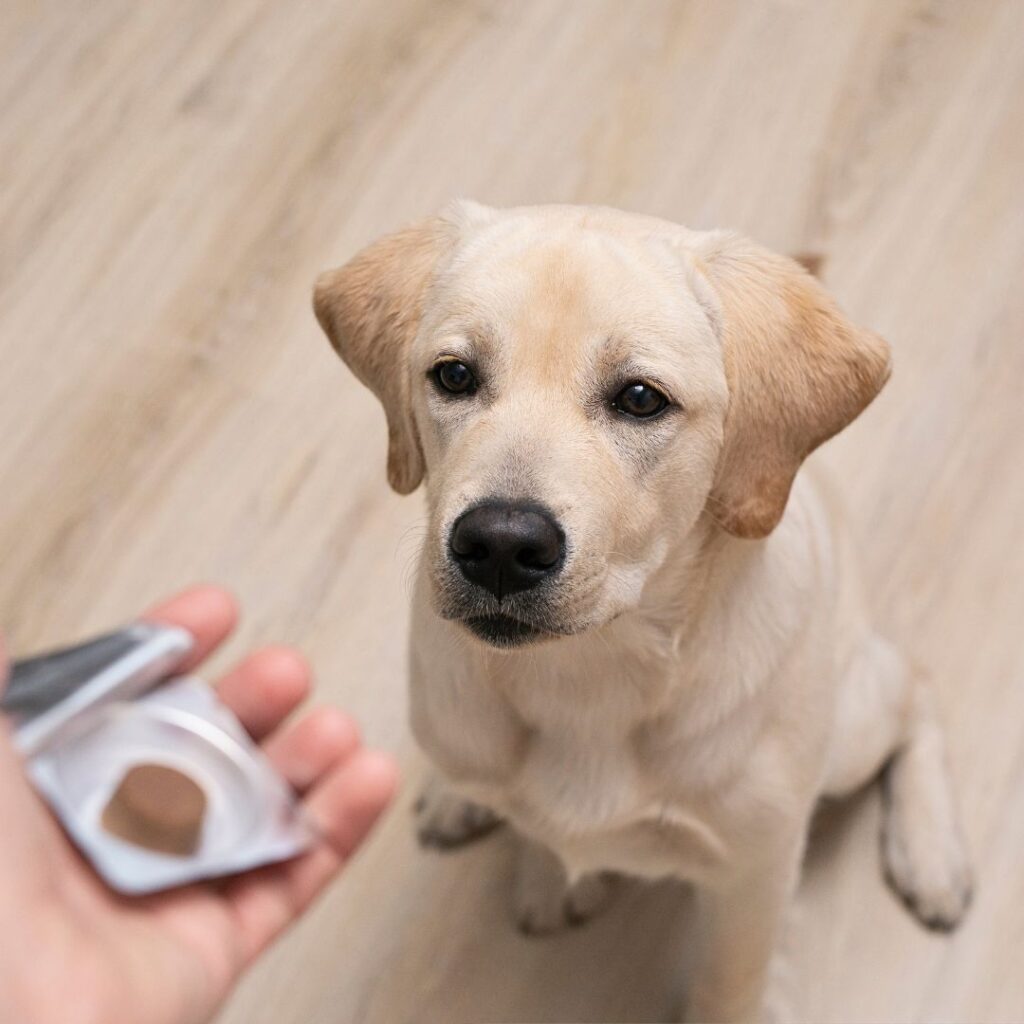
They help to maintain proper bodily functions such as bone growth, nerve function, and immune system health. Good sources of Vitamins and Minerals must include fruits, vegetables, meat, and grains.
Selecting high-quality dog food with a balanced diet with all the necessary nutrients is crucial for nourishing your furry friend. You can supplement your dog’s diet with fresh fruits and vegetables or specialized supplements.
Consult a Veterinarian for advice about My Dog Nutrition.
It’s also important to note that a dog’s nutritional needs may vary depending on age, activity level, and underlying health conditions. Consult a veterinarian to help you determine your furry friend’s best nutrition plan.
Learn About My Dog Nutrition and the Benefits of Essential Nutrients for Dogs, Starting with the Importance of Protein.
It helps grow and repair tissues and muscles. It also helps in building strong bones, teeth, and skin. Good protein sources for dogs can include meats, fish, and eggs.
Carbohydrates are another essential nutrient for dogs. They provide energy for the body, aid in digestion, and help regulate sugar levels. Good carbohydrates include grains, vegetables, and fruits.
Fats are important for the healthy functioning of a dog’s body.
They provide energy, help maintain healthy skin and coat, and aid in absorbing specific vitamins. Good sources of fats include fish oil, chicken fat, and flaxseed oil.
Vitamins and Minerals are necessary for health and well-being. They help support a healthy immune system, aid bone development, and maintain healthy skin and coat—good sources of Vitamins and Minerals, including fruits, vegetables, organ meats, and supplements.
Water intake is vital for My Dog Nutrition as it helps regulate body temperature.
It aids digestion and supports healthy organ function. It is crucial to ensure that your dog always has clean drinking water.
A balanced diet, including protein, carbohydrates, fats, vitamins, minerals, and water, is essential for overall health and well-being.
Determining What My Dog’s Nutrition Needs Are According to Its Age, Size, & Breed
Proper nutrition is vital for dogs of all ages, sizes, and breeds. Here are some guidelines to help determine your dog’s nutritional needs based on their age, size, and species:
Puppy Nutrition
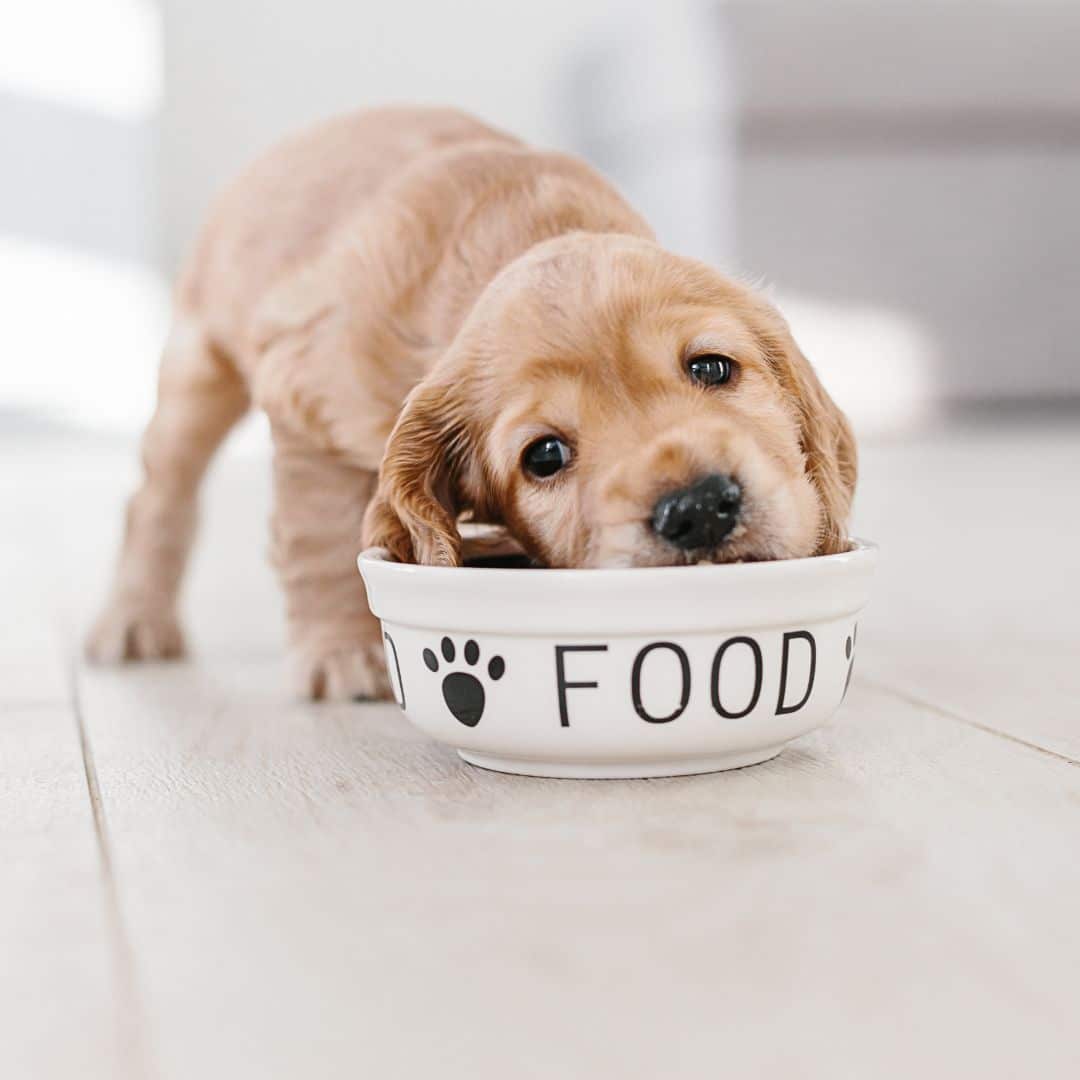
Puppies require a protein, fat, vitamins, and minerals diet to support their rapid growth and development. Generally, puppies are fed more often than adult dogs – up to four meals a day until they are about six months old. Look for puppy food that is formulated specifically for their breed size.
Adult Dog Nutrition Needs
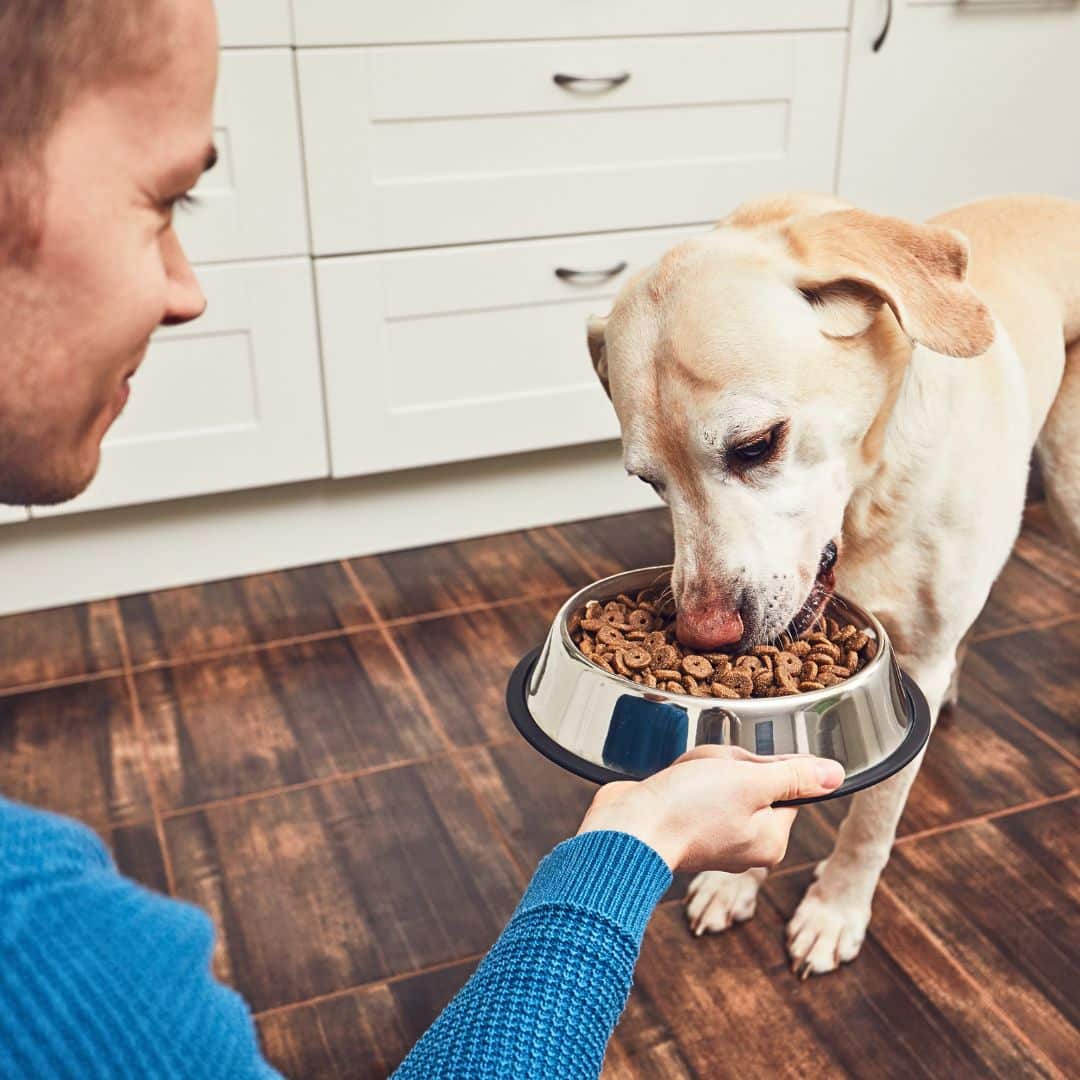
Older dogs need a balanced diet with enough protein, carbohydrates, fats, vitamins, and minerals for energy levels. Adult dogs eat twice daily, although this may differ based on breed and activity level.
Senior Dog Diet
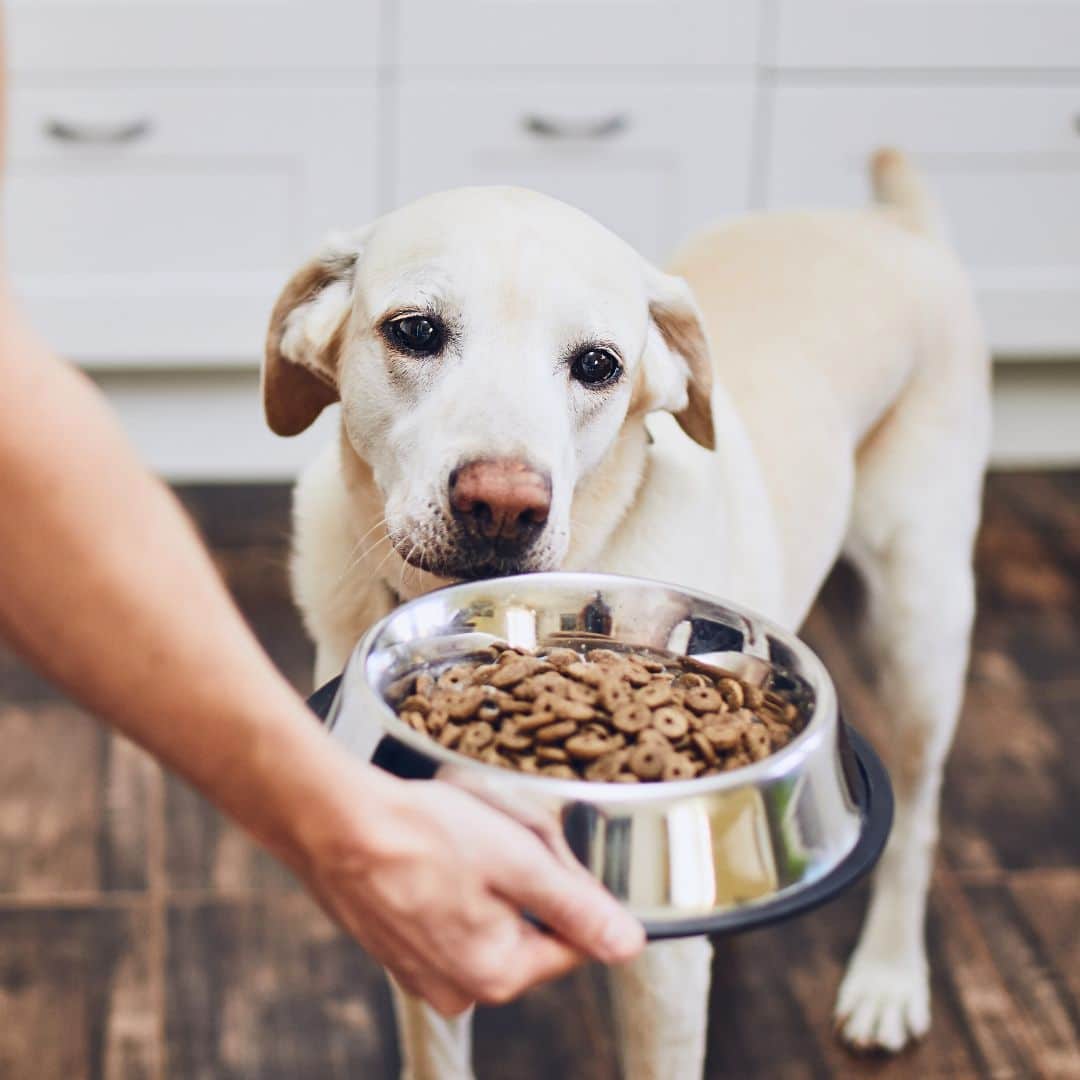
As dogs age, nutritional needs change for senior dogs, as they require a diet lower in calories and fibre to aid digestion. They may also benefit from supplements such as glucosamine and chondroitin to support joint health.
Small Breed and Large Breed Nutritional Requirements
The nutritional needs of small and giant breed dogs can vary greatly. Small breeds have faster metabolisms and may need more calories per body weight than larger breeds. Large breeds are more prone to joint problems that require lower fat and calories.
It’s important to remember that each dog is unique, so it’s always best to consult a veterinarian and determine the best diet for your furry friend based on their needs.
Dog Feeding: Common Concerns Addressed by Experts
As a dog owner, having questions about your furry friend’s diet is natural. You may wonder if your dog can survive on a vegetarian diet or eat human food without harm. Additionally, you should know how often you should switch up their food or even consider feeding them raw meat. Understanding the nutritional needs of dogs and their digestive system is crucial in answering these questions and ensuring your pet stays healthy and happy. In this article, we’ll explore these topics in-depth so you can make informed decisions about what to feed your beloved companion. Dog treats are likely linked to obesity in older dogs since they are less likely to be active and exercise. Active dogs require and use more calories.
Can Dogs Be Vegetarians?
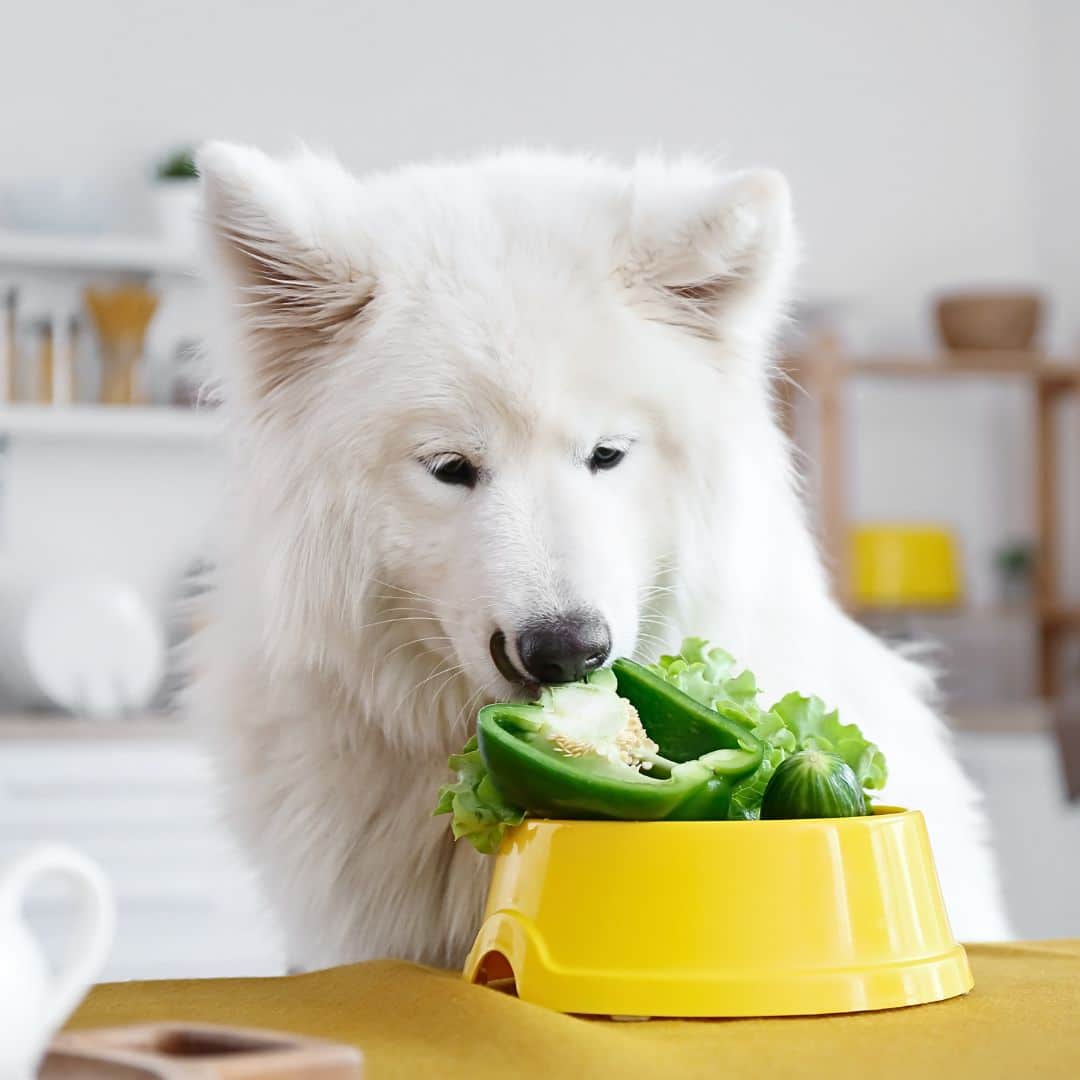
Although dogs can survive on a vegetarian diet, it is not advisable. Dogs require specific nutrients like protein, vitamin B12, and iron, primarily found in meat. A veterinarian must carefully plan and monitor a dog’s vegetarian diet to ensure all the necessary nutrients.
Is My Dog Able to Eat Human Food?
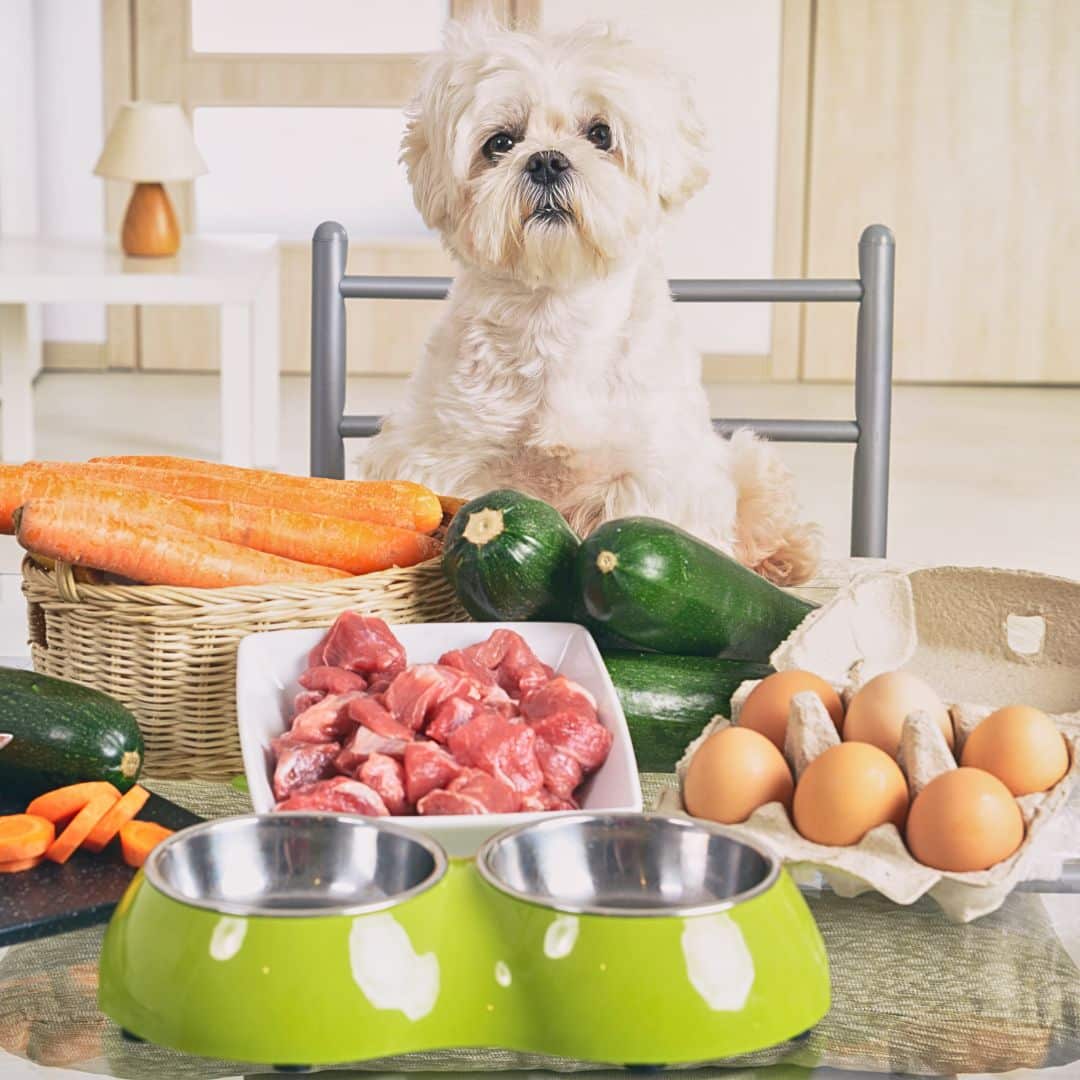
Yes, dogs can eat some human food, but not all are safe. Foods like chocolate, avocado, garlic, onions, and grapes can harm dogs. Feeding your dog human food should be done in moderation, and you should always research the type of food before giving it to your dog.
How often should I switch my dog’s diet?
If you’re considering switching up your furry friend’s diet, it’s worth considering the potential for digestive issues that may arise. However, if you need to change your dog’s diet for health reasons or other factors, you should do it gradually for 7-10 days. Start by adding a small amount of new food to the old food and gradually increase the amount over time.
Can I feed my Dog Raw Meat?
Feeding your dog raw meat is a controversial topic among experts. While some advocate for raw diets as they mimic how dogs eat in the wild, others argue that they can pose risks to the dog and owner due to bacterial contamination and potential health hazards. If you feed your dog raw meat, ensure it is fresh and from a reputable source and take necessary precautions to avoid contamination. It is best to consult a veterinarian before changing your dog’s diet.
Types of Commercial Dog Food in the Market: Which One is Right For Your Puppy?
Various types of commercial dog food are available in the market, each with its ingredients and benefits. Here are some of the most common types:
1. Dry Kibble
This is the most popular type of commercial dog food. It’s easy to store and has a long shelf life. Dry kibble is also cost-effective, and most dogs enjoy it.
2. Wet/Canned Food
This dog food contains more moisture, which keeps your dog hydrated. It’s a good option for dogs who have trouble chewing or need to gain weight.
3. Semi-Moist
This type of dog food is less common and contains more moisture than dry kibble but less wet/canned food. It’s usually sold in sealed packets, making it easy to serve.
4. Freeze-Dried/Dehydrated
This dog food removes the moisture from fresh ingredients and rehydrates them before serving. It’s a good option for dogs with food allergies or sensitivities.
5. Raw
Raw dog food is becoming popular among pet owners who want to feed a more natural diet. It typically consists of uncooked meat, bones, and vegetables.
When choosing commercial dog food, consider your dog’s age, breed, size, and health concerns. Consult your veterinarian to determine which dog food is best for your puppy.
Allergies & Food Intolerance in Dogs: Causes and Treatment Options
Allergies and food intolerance are common issues that can affect dogs. They can cause various symptoms, including itching, inflammation, digestive problems, and respiratory issues.
Here are some possible causes and treatment options for allergies and food intolerance in dogs
1. Genetics
Some breeds are more predisposed to allergies than others.
2. Environmental Factors
Pollen, dust, mould, and other airborne allergens can trigger allergic reactions.
3. Food
Certain ingredients in dog food can cause food allergies or intolerances.
4. Parasites
Fleas, ticks, and mites can cause allergic reactions in some dogs.
Treatment Options
1. Allergy Testing
Identifying the cause of the allergy or intolerance is the first step in treating it effectively.
2. Medications
Antihistamines, corticosteroids, and other medications can help alleviate symptoms.
3. Immunity Therapy
This involves gradually exposing the dog to small amounts of the allergen to build up its tolerance over time.
4. Dietary Changes
Switching to a hypoallergenic or limited-ingredient diet can help manage food allergies or intolerances.
It is essential to work closely with a veterinarian to develop a treatment plan that best suits your dog’s specific needs.
Dietary Allergies in dogs can cause various health issues, including skin irritation, digestive problems, and even chronic ear infections. Identifying the allergens that trigger these reactions can be challenging for pet owners. Common allergens in commercial dog foods include beef, chicken, dairy products, and grains such as wheat and corn. Elimination diets can be problematic by gradually removing potential allergens from the dog’s diet until symptoms disappear. Alternatively, hypoallergenic dog foods specifically formulated to avoid common allergens can relieve dogs’ food sensitivities. Understanding dietary allergies in dogs is crucial for maintaining their overall health and well-being.
What human foods are toxic to pets?
It’s essential to remember that certain foods that are safe for humans to eat can harm our furry friends. While many people’s foods are safe for dogs, some are unhealthy and dangerous. To guarantee our beloved pets’ safety, avoiding certain foods is advisable. Below are some of the most frequent ones to avoid.
1. Chocolate
Chocolate contains theobromine and is toxic to dogs and cats.
2. Grapes and Raisins
These can cause kidney failure in dogs.
3. Onions and Garlic
It’s important to remember what we feed our furry friends. Did you know that certain foods, such as Onions and Garlic, can harm their red blood cells and lead to anemia? It’s true – so let’s ensure we’re giving our dogs only the best and safest options for mealtime.
4. Avocado
Avocado contains persin, which can be toxic to birds, rabbits, horses, goats, and other animals.
5. Alcohol
Even the smallest amounts of alcohol can be dangerous to pets and cause vomiting, diarrhea, coordination problems, and even coma or death.
6. Macadamia Nuts
These nuts can cause lethargy, vomiting, hyperthermia, and tremors.
7. Xylitol
This substitute is found in sugar-free gum and candy products and can cause insulin release and hypoglycemia in dogs.
It’s vital to keep these foods out of reach of pets and consult a veterinarian if you suspect your pet to have ingested something toxic.
About Feeding My Dog
How much should I feed my dog?
Your dog’s food needs depend on age, breed, size, and activity level. Generally, feeding adult dogs twice daily is recommended, and each meal consists of 1-2 cups of food. Puppies require more frequent feedings and smaller portions. It’s important to consult your veterinarian to determine the appropriate portion size for your dog’s specific needs. Additionally, make sure to provide fresh water for your dog at all times.
How often should I feed my dog?
As a pet owner, providing your furry friend with the right amount of food and nutrition is important to keep them healthy and happy. One of the most common questions among dog owners is how often they should feed their dogs. The answer depends on age, size, activity level, and overall health. In this article, we’ll explore the different guidelines for feeding your dog and provide tips for ensuring proper nutrition.
Can I give human food to my pet?
It depends on the type of food and the pet in question. Human nutrition can be harmful to pets and should never be given to them, while others may be safe in moderation. It’s best to consult a veterinarian to determine which human foods are safe and which should be avoided. Sticking to a balanced, species-appropriate diet for your pet is always a good idea to ensure they get all the necessary nutrients.
What are the signs that my pet is too heavy?
There are several signs that your pet may be heavy.
These include:
1. Difficulty feeling their ribs or spine when you run your hand over their body.
2. A lack of waist or a rounded appearance to their body.
3. Difficulty in walking or running without becoming tired.
4. Breathlessness or panting after only moderate exercise.
5. Unwillingness to exercise or play.
6. An increase in appetite or begging for food.
7. A tendency to sleep more than usual.
8. Joint problems such as arthritis or difficulty standing up after lying down.
Contact Veterinarian
If you notice any of these signs, it is important to consult with your veterinarian to help develop a weight loss plan and suggest appropriate dietary changes and exercise routines to help your pet achieve a healthy weight.
Caring For Your Dog’s Digestive System – Tips from Veterinarians
Maintaining good digestive health is essential for the overall well-being of your dog. Here are some tips from veterinarians on how to care for your dog’s digestive system:
1. Quality Diet
Feed your dog a high-quality diet for age-appropriate breeds and activity levels. Avoid giving table scraps, as they can upset the dog’s stomach.
2. Portion Control
Overfeeding your dog can lead to digestive issues. Follow the feeding guidelines provided by the food manufacturer. Consult a veterinarian to determine the appropriate portion for your dog.
3. Hydration
Ensure your dog has access to clean water to prevent dehydration and maintain proper digestion.
4. Regular Exercise
Exercise helps stimulate the digestive system and promotes regular bowel movements.
5. Probiotics
Consider incorporating probiotics into your dog’s diet to promote beneficial gut bacteria and aid digestion.
6. Regular Check-Ups
Schedule regular wellness exams with your veterinarian to monitor your dog’s digestive health and address early concerns.
These tips help ensure your furry friend maintains a healthy and happy digestive system.
Conclusion: How to Create a Nutritious and Delicious Diet Plan for Your Furry Friend
Creating a nutritious and delicious diet plan is essential for their health and well-being. Here are some tips to get started:
1. Understand Dog Nutrition Guidelines
Before creating a diet plan, it’s essential to understand your dog’s nutritional needs. Dogs require a balanced diet that includes protein, carbohydrates, fats, vitamins, and minerals. The proportion of each nutrient varies depending on your pet’s age, breed, and activity level.
2. Read Pet Food Labels
When choosing dog food, read the labels carefully. Look for high-quality protein, such as meat or fish, as the first ingredient. Avoid foods that contain fillers or by-products.
3. Create a Balanced Diet Chart
A balanced diet chart should include a variety of foods to ensure your dog receives all essential nutrients. Include lean protein such as chicken, turkey, or fish. Add complex carbohydrates like sweet potatoes or brown rice. Include healthy fats such as fish oil or flaxseed oil. Add fruits and vegetables like carrots or blueberries for added vitamins and minerals.
4. Consult with a Veterinarian
If you need more clarification on creating a diet plan for your dog, consult a veterinarian. They can guide portion sizes and recommend specific foods based on your dog’s needs.
Always provide fresh water and regularly monitor your dog’s weight and overall health. By putting in effort and paying attention to detail, you can design a nutritious and tasty meal plan for your dog to ensure health and happiness for many years.
